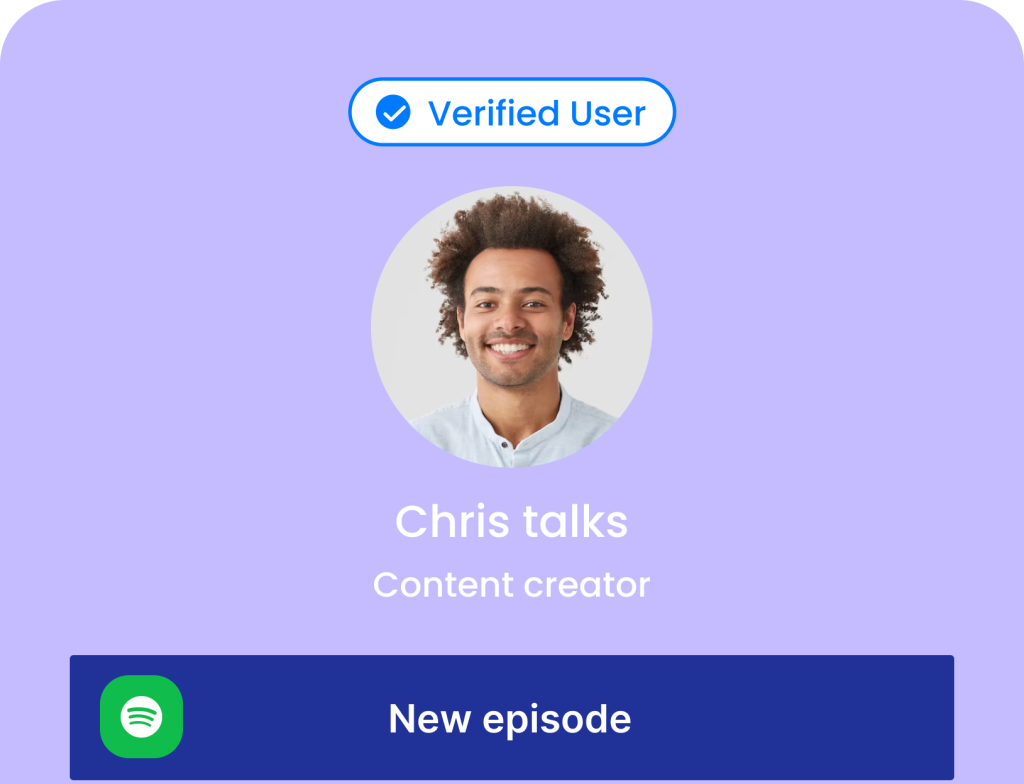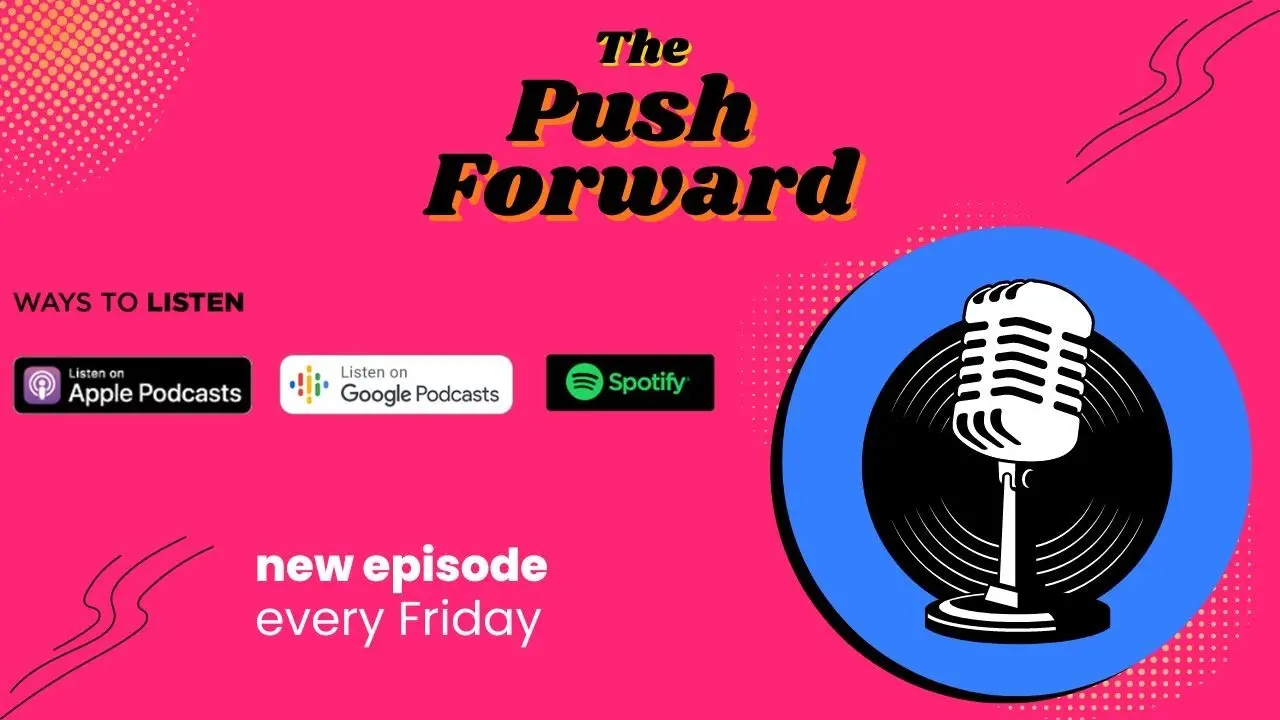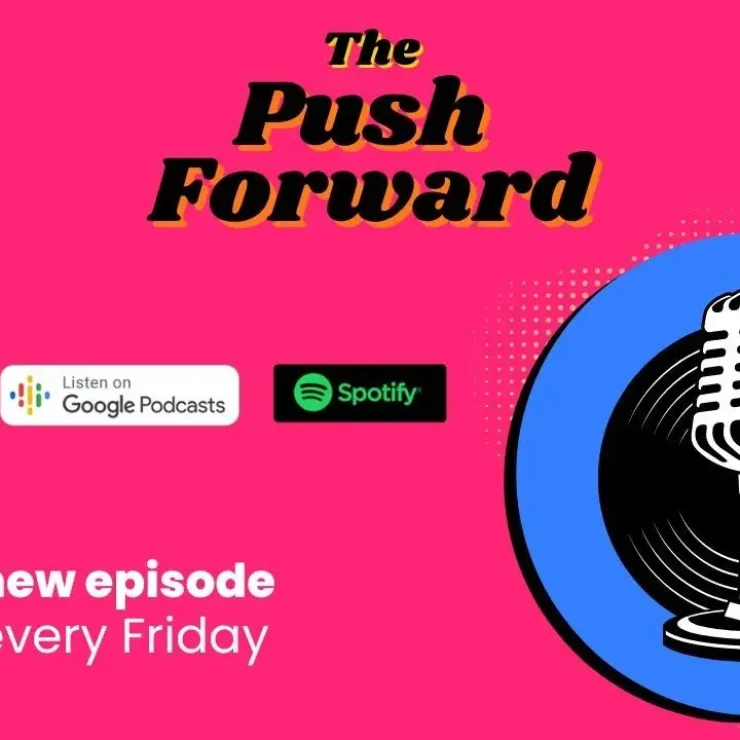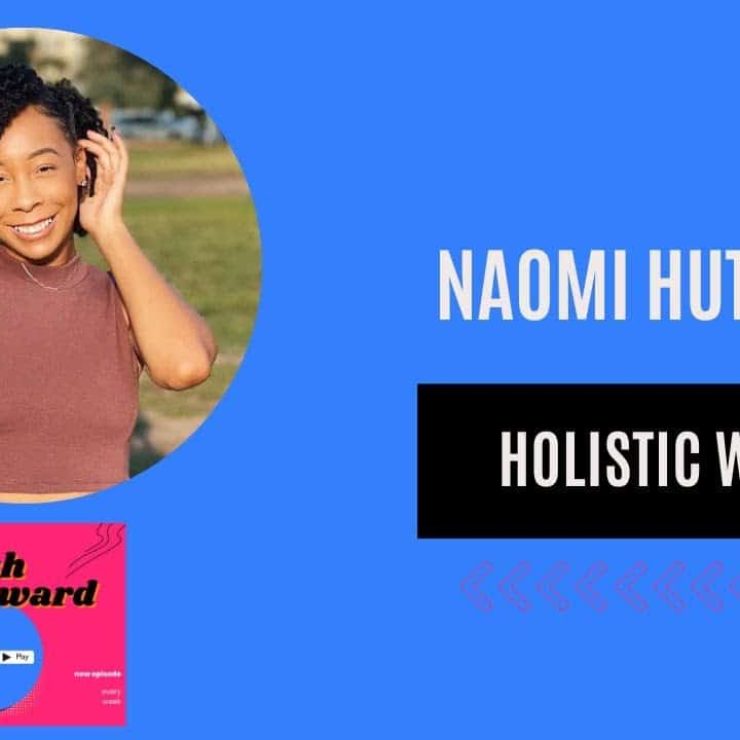Here is the transcription of the video titled “Using AI in Content Creation: Pros, Cons, and Strategies” from the Push Forward Podcast:
Segment 1:
Hello and welcome back to the Push Forward Podcast. I’m your host, Alex, and today we’re going to dive into a cutting-edge topic that we’ve all been talking about in the online world for the past year: OpenAI and ChatGPT. Officially a year old, though they’ve been around since 2018, the mass adoption didn’t start until November of last year. So, here we are in December, and I want to talk about using AI to generate content for creators and businesses.
Create your own free link in bio page
Ready to simplify your online presence?
With Pushbio, you can;
- Link all your social media profiles together effortlessly.
- Showcase all your content, products, and services in one space.
- Share everything through a single link.

Create your own free link in bio page
Ready to simplify your online presence?
With Pushbio, you can;
- Link all your social media profiles together effortlessly.
- Showcase all your content, products, and services in one space.
- Share everything through a single link.
This is a very hot topic. People are trying to understand whether they should tell their audience that content is created with AI or if it’s all organically created. The rise of AI in content creation is a question I’ve been getting quite a bit when speaking with different audiences, from Gen Z at colleges to business owners and marketers.
The pros of using AI in content creation are clear. It’s efficient, helping increase productivity by as much as 30%, tracked by tools like Toggl. AI helps create a diversity of ideas and is cost-effective, reducing the need for large creative teams.
At the Push Forward Podcast and Push Bio, we do little with AI to deliver content. We ideate with our teams, exploring ideas, talking about content, audience, and product presentation. AI comes in the middle phase to expand upon ideas, but the last step always has a human touch, whether it’s an editor or manager.
The content created this way isn’t plagiarized because there’s significant human interaction throughout the process. We’ve been using AI for decades; we just don’t call it AI. It’s about using available technologies to make things better and more cost-effective.
The cons include the lack of personal touch, as AI can miss the nuances of human emotion and creativity. There are quality control issues, with some AI-generated content not being super accurate. Ethical considerations also arise, especially for creative professions like writers and musicians, concerning originality and intellectual property.
The strategies for combining AI efficiency with human creativity will yield the best outcomes. AI’s role in shaping the future of the creator and influencer economy is strong. AI companies, including OpenAI, Alphabet, Meta, Anthropic, Inflection, Amazon, and Microsoft, have committed to developing a system to watermark all forms of content generated by AI. This watermark, like a blockchain, will make it easier for users to spot fake images or audio.
If you’re creating all your content with AI, you should let the world know. The companies also pledge to focus on protecting user privacy, ensuring the technology is free of bias, and not used to discriminate against vulnerable groups.
For creators and influencers, ignoring AI is not an option. All the tools we use in technology already make our process not fully organic. AI will help produce more, be more creative, monetize more, and deliver a better experience for your audience.
Experiment with AI in your content creation process. Thanks for tuning in to the Push Forward Podcast. Stay creative and keep pushing forward.





